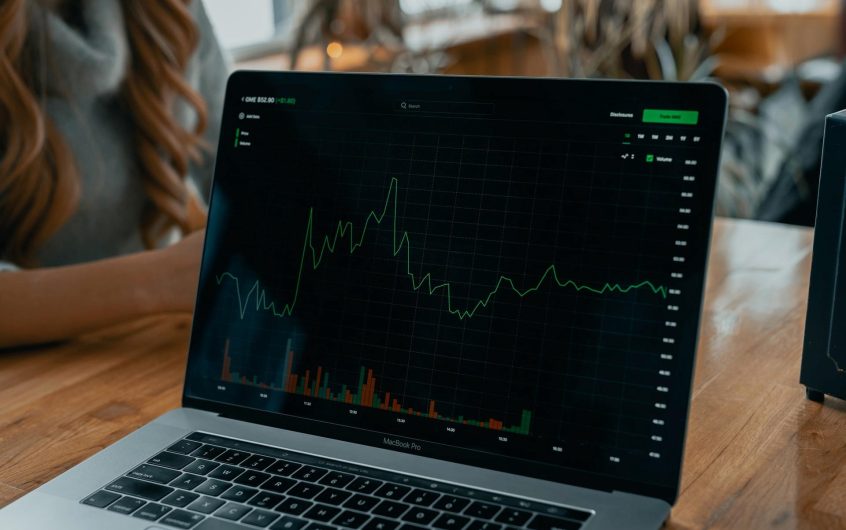A Brief Background
The term “meme stock,” also known as a “joke stock,” is derived from the word “memetics.” The memetic theory explains how and why specific ideas spread through cultures and societies, such as corporate logos.
It’s an element of culture that replicates itself via imitation by others. When applied to mass media or online communication, memes often take the form of jokes about popular companies or products that are widely distributed via social media and other digital sources.
The concept has been around since at least 2005. It has gained popularity during recent years, resulting in several celebrity-endorsed ‘joke’ stocks being listed on exchanges worldwide. Denmark’s meme stores are no different, with several companies issued as joke stocks on the Copenhagen Stock Exchange. Follow Saxo Bank for more information.
In Denmark, meme stocks on the Copenhagen Stock Exchange typically carry names referencing well-known brands and actual company trademarks.
These name choices often lead to legal conflicts between officials at the CSE and representatives of companies whose trademarks have been blatantly appropriated for use by a ‘meme stock.’
While some meme stocks in Denmark are taken from international brands, others are localized versions of companies that only exist in Denmark.
One example is “Dane Produce,” a play on words referencing the well-known grocery store chain “Føtex.” Dane Produce is a fruit and vegetable supplier that sells its products exclusively to Føtex stores. Two friends started the company in 2006 while looking for a creative way to make money during their studies.
Advantages Of Investing In Meme Stocks:-
There are many reasons why an investor might want to consider investing in a meme stock.
One reason is that, as with any other type of stock, there is always the potential for profit if the company’s share price increases. In some cases, the mere fact that a company is listed on a public exchange can lead to a higher share price as investors become aware of its existence.
Another reason an investor might want to consider investing in a meme stock is that such companies often generate publicity.
In many cases, the mere act of listing on a public exchange can result in international news coverage and increased awareness among consumers about the product or service being offered. This increased attention can sometimes lead to a higher demand for a company’s products and services, resulting in increased revenue.
Meme stocks are not without their risks. Because the names of most meme stocks include words that reference well-known companies or trademarks, selling shares of such stock to another investor can sometimes lead to legal complications.
In some cases, the conflict between an actual company and a meme stock listed on a public exchange can have long-lasting effects if not appropriately managed.
Conclusion
The value of meme stocks, especially those listed on the Copenhagen Stock Exchange, lies in their ability to make a company known and help it gain revenue.
While there is potential to lose money through such investments if companies do not manage themselves properly, meme stock investment remains a good way for the average person to invest responsibly from home even without prior experience.
We can argue that using memes to promote business is essential because they are easily accessible by anyone with an internet connection. In this sense, memes have successfully spread information about many products and brands since they allow people to quickly understand what’s being referenced even if they don’t keep up with trends or aren’t familiar with certain products.
Additionally, as mentioned earlier, many meme stocks have seen an increase in their stock prices due to the publicity they’ve generated. This suggests that, at the very least, investing in a meme stock is an excellent way to get exposure for a company, even if it doesn’t necessarily lead to an increase in revenue.
Finally, it’s worth noting that any legal complications that may arise from using memes as part of a business strategy are generally manageable, provided that the company remains vigilant about protecting its intellectual property.
While there is always some inherent risk associated with investing in a meme stock, the potential benefits for businesses seem to outweigh the risks. As such, it would appear that using memes as a marketing tool is here to stay.




